News reports say
Judge William Conley’s ruling throws the fate of the Cardinal-Hickory Creek transmission line into question just months after utilities began construction on the $492 million project.
Given these facts, plaintiffs contend, and the court finds credible, that the Utilities are pushing forward with construction on either side of the Refuge, even without an approved path through the Refuge, in order to make any subsequent challenge to a Refuge crossing extremely prejudicial to their sunk investment, which will fall on their ratepayers regardless of completion of the CHC project, along with a guaranteed return on the Utilities’ investment in the project. Thus, if the court does not treat consideration of the essentially inevitable re-proposal for a Refuge crossing as ripe for consideration now, the Utilities will have built up to either side of the Refuge, making entry of a permanent injunction later all the more costly, not just to the Utilities and their ratepayers, but to the environment they are altering on an ongoing basis.
Utilities will press forward with building the parts of a transmission project that are permitted because in the past it has helped them by making their project too expensive to fail. Utilities, take notice! That no longer works. The cat is out of the bag.
The Judge also takes on the issue of deference. In many cases, the Court must defer to an agency's expertise.
Certainly, although a refuge manager has some deference in deciding which uses are compatible, the court is not compelled to take the agency’s final word when all factual findings weigh against it. In this way, “deference” does not become the unlimited, get-out-of-jail-free card that the Utilities seem to suggest...
Before granting a right of way through the Refuge, Fish and Wildlife must confirm that the proposed project comports with the purposes of the Refuge under 16 U.S.C.A. § 668dd. Fish and Wildlife originally finalized its “Compatibility Determination for the Case ... on December 20, 2019. Because the Utilities already had a prior right of way through the Refuge, where a 161 and 69kv transmission line had been previously installed and the Utilities had agreed to transfer back that right of way, Fish and Wildlife found the proposed CHC line was compatible with the purposes of the Refuge as “a minor realignment of an existing right-of-way” and granted a permit to the Utilities.
On March 1, 2021, however, the Utilities contacted Fish and Wildlife and asked for a slightly amended right of way through the Refuge, ostensibly to avoid Ho-Chunk burial grounds. Then, before Fish and Wildlife could issue a decision on the proposed amendment, the Utilities again contacted Fish and Wildlife on July 29, 2021, this time asking for an expedited land exchange instead of an amended right of way, ostensibly because approval for a new right of way would take too long. Specifically, in exchange for a land exchange in the Refuge, the Utilities were now proposing to transfer a 30-acre parcel to Fish and Wildlife. On August 3, 2021, Fish and Wildlife confirmed receipt of the Utilities’ latest proposal, indicating that its response to such a land exchange “may” be “favorable.”
Then, on August 27, 2021, less than a month after Fish and Wildlife responded favorably to a proposed land transfer, and less than a week before summary judgment motions were due in this case, Fish and Wildlife “withdrew” its entire original Compatibility Determination, stating it “learned that an error had previously been made regarding the 2019 Compatibility Determination when identifying the existing rights-of-way proposed for re-alignment.”
As a result, any approved right of way through the Refuge was rescinded, along with the compatibility determination. However, in its letter of withdrawal to the Utilities, Fish and Wildlife did note that the agency “is committed to working with you toward timely review of the land exchange you have proposed in lieu of your March 2021 application for an amended right-of-way permit . . . [and] concurs that a land exchange is a potentially favorable alternative to a right-of-way permit.”
Warning to utilities and their Big Government lackeys: You can't put your thumb on the scale to permit Big Transmission that is opposed by affected communities. Opposition is knowledgeable and creative and will not stop fighting for what's right.
Congratulations to the folks in Wisconsin who have spent so much energy fighting the good fight! Cardinal-Hickory Creek needs to be chucked on the scrap heap of failed ideas.
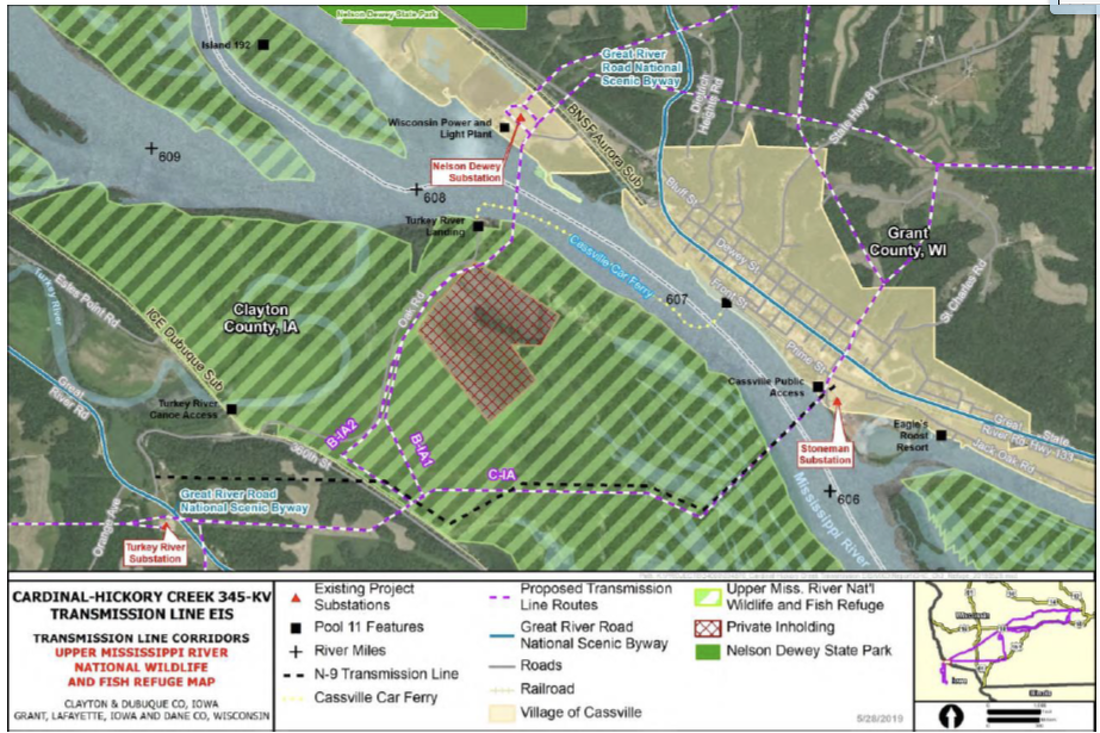

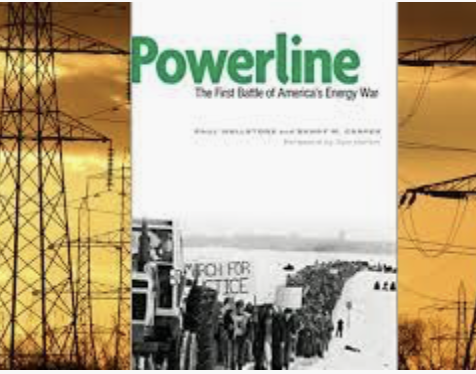

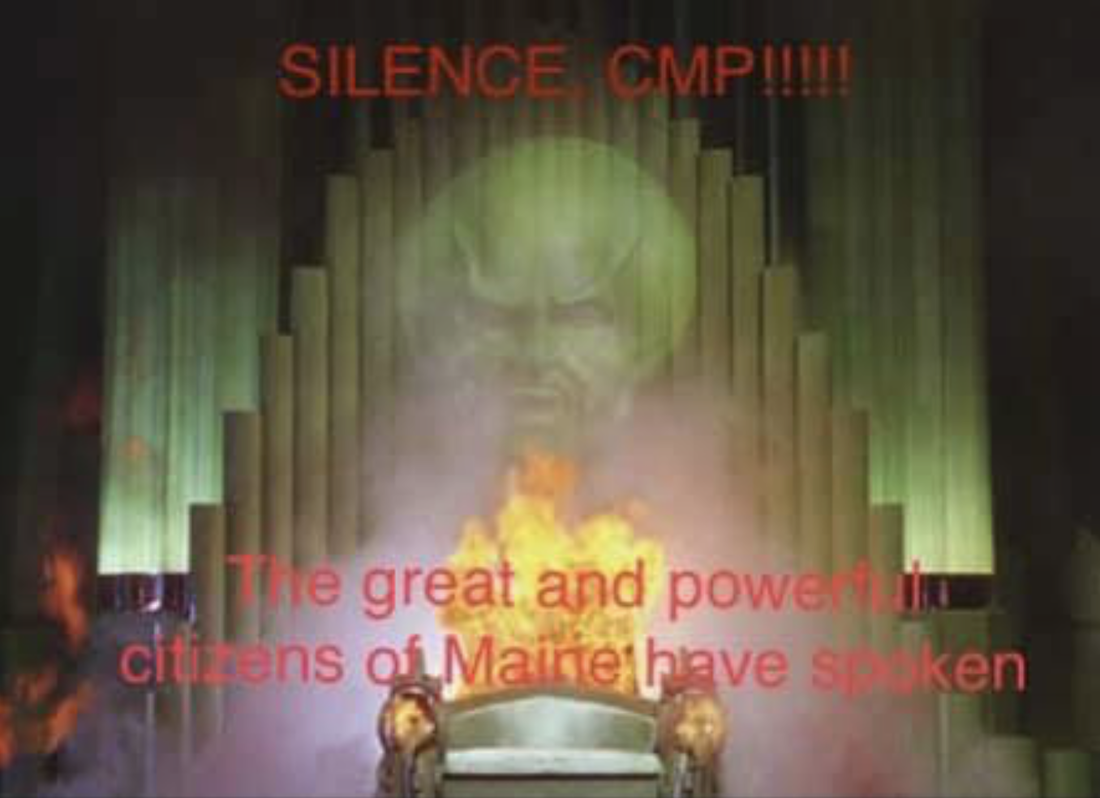
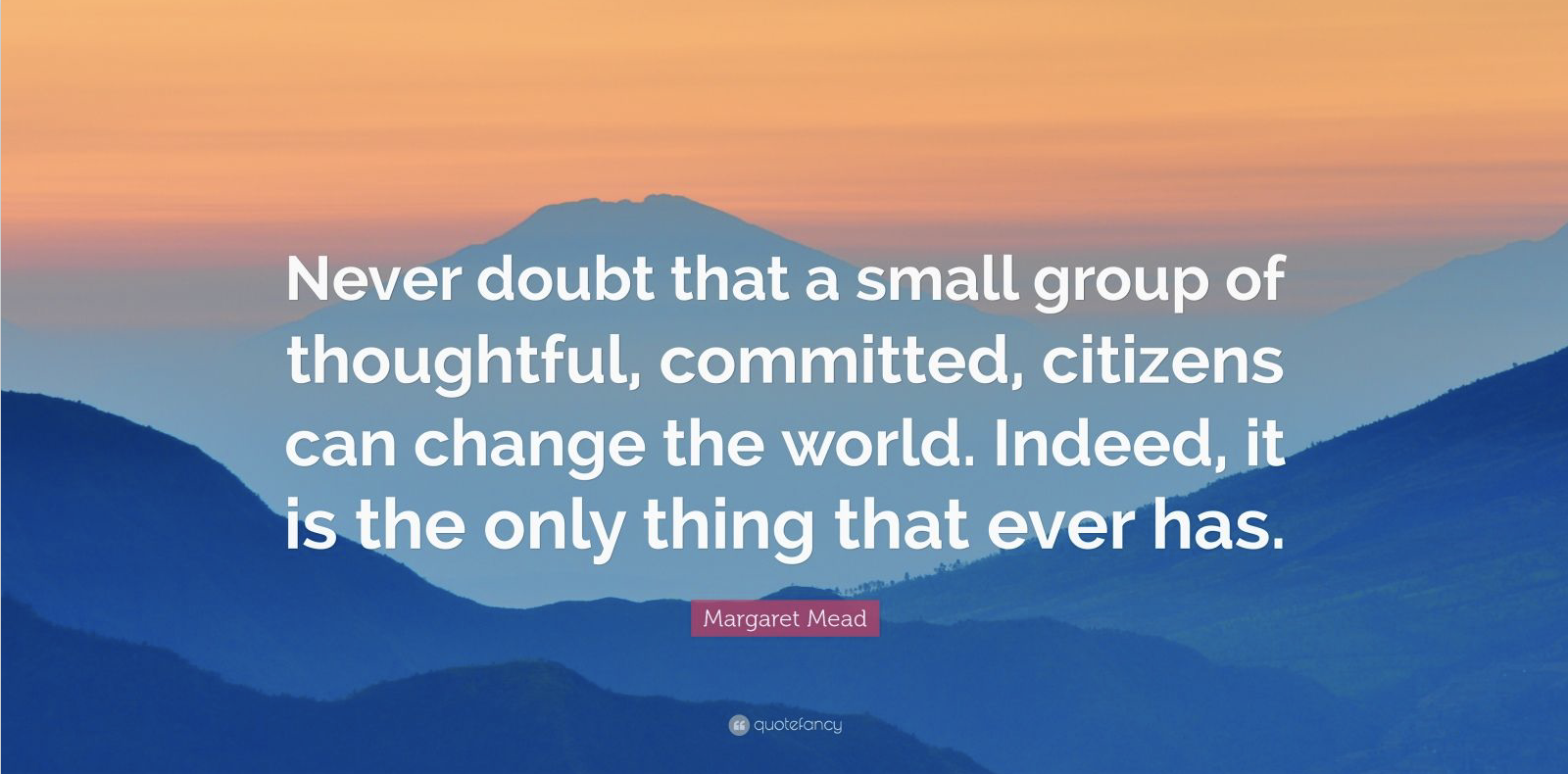
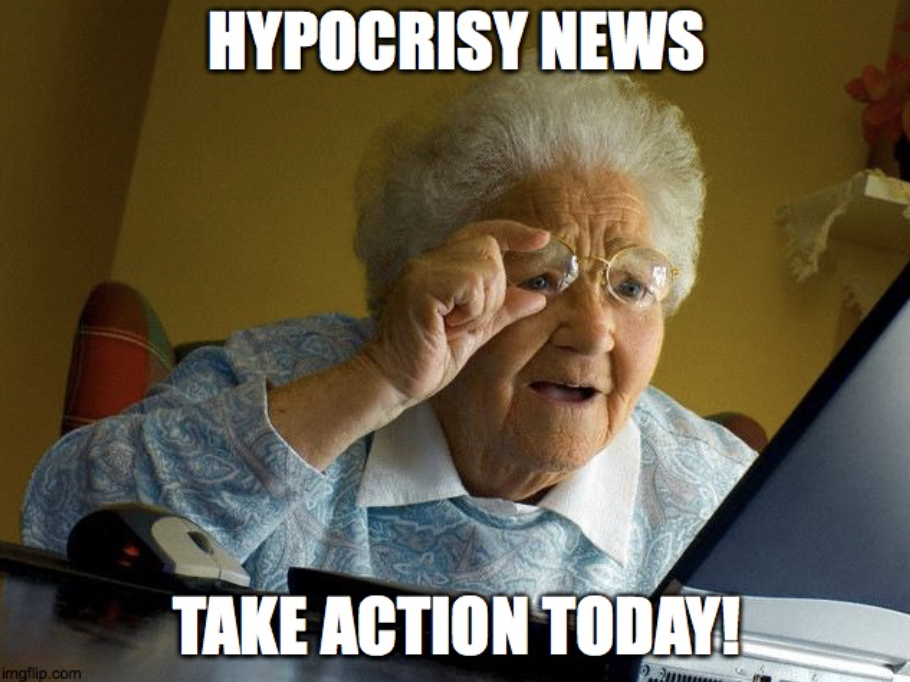
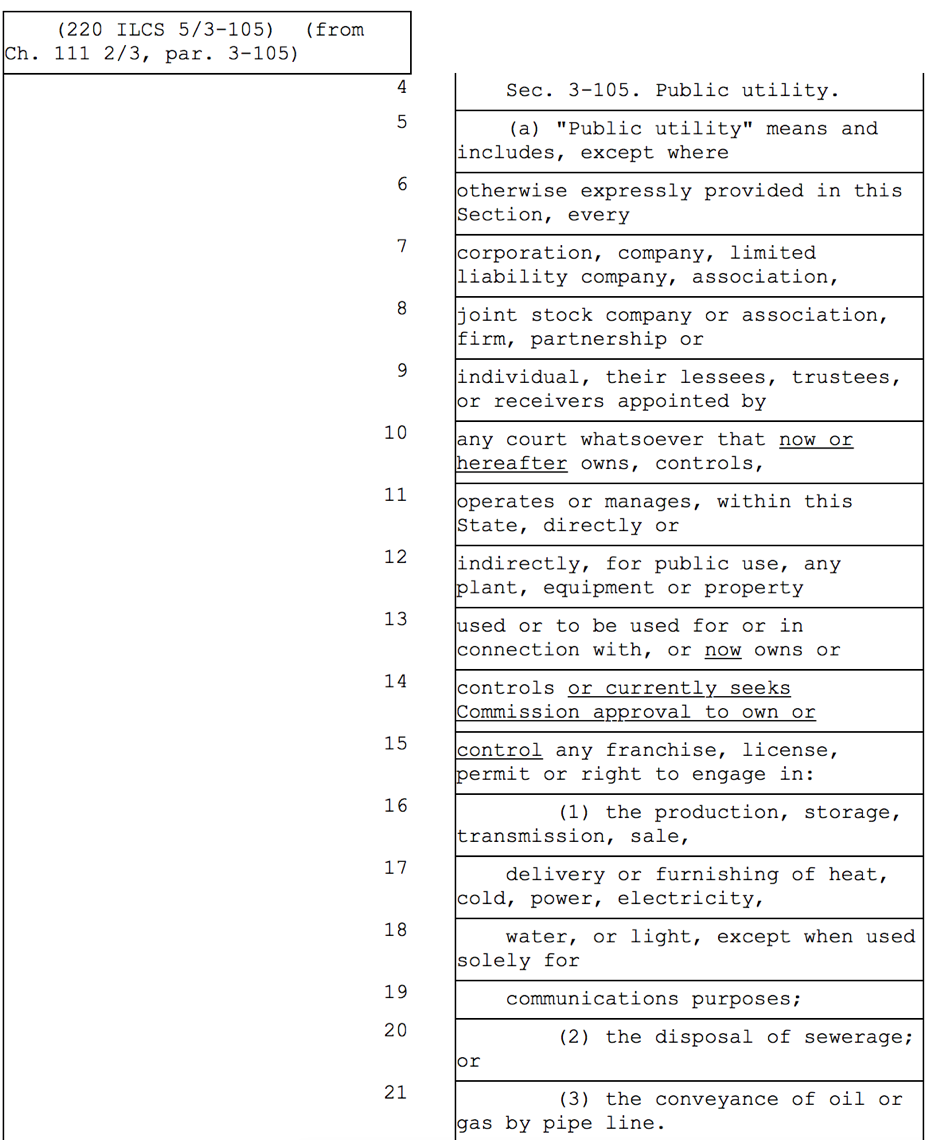


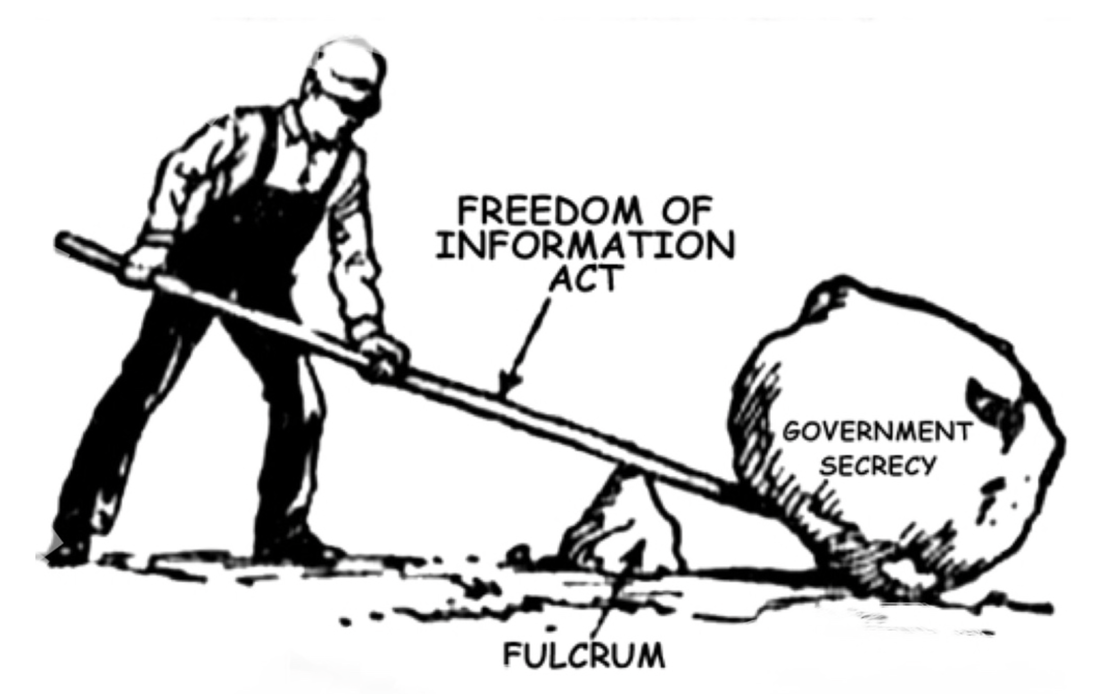
 RSS Feed
RSS Feed